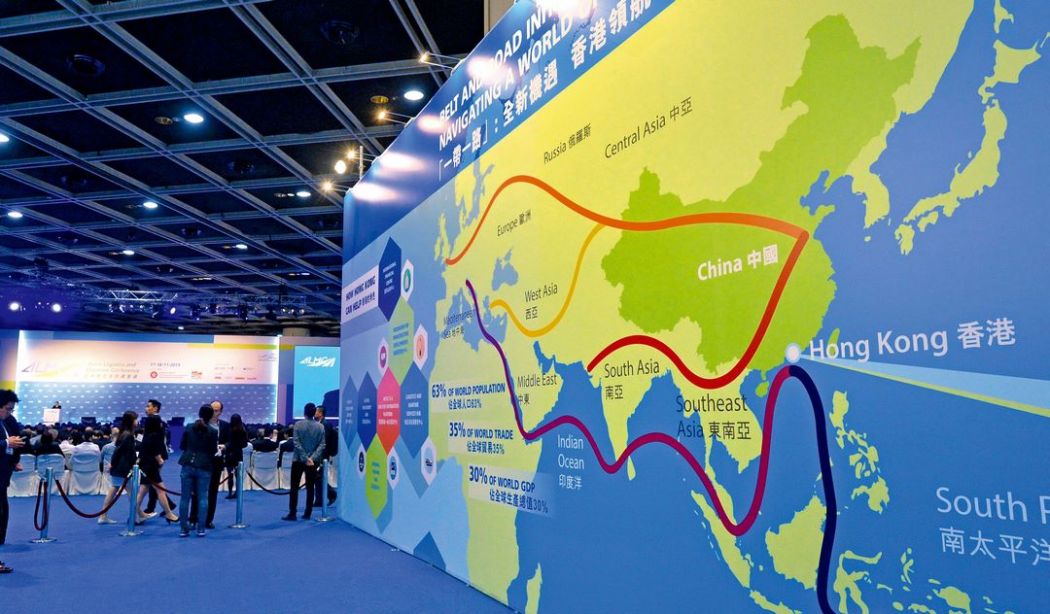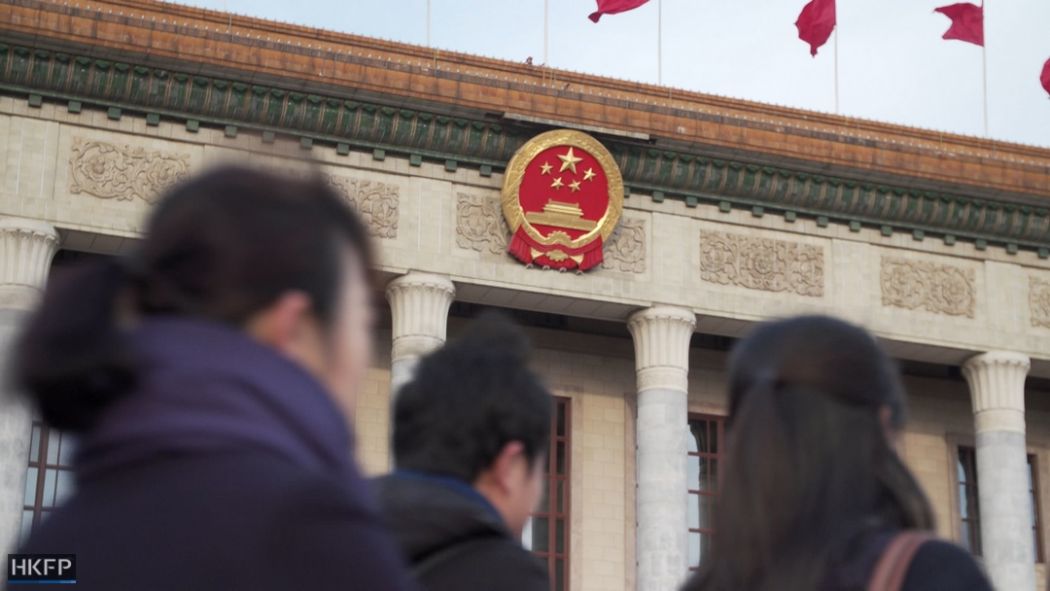By Patrick Leung
In Mr Kent Ewing’s March 31 article, China’s global vision?, he offers a sweeping takedown of Chinese foreign investment and geopolitical strategies. True to his international outlook, he begins with a lamentation of Hong Kong and ends with a pointed attack on China’s global role. Let us follow his line of thought:
What is this ‘uniquely East-West identity’ of Hong Kong that Ewing so cherishes? Is it some kind of dragon spaghetti or kung-fu drone attack? Let’s settle for a more mundane picture: he probably means some sort of internationally recognised polity (read: not on the US hit-list) comprised mostly of an ethnically Chinese population.

To unpack this in economic terms, it can only mean a city with its working class population serving international interests and profits; and to go even further politically, a capitalist enclave that acts as the bastion of US imperial interests in Asia-Pacific.
Let it not be mistaken that the Chinese government has a selfish hand in this by allowing the continued concessionary existence of actively hostile interests. From the days of its alliance with the US in an anti-Soviet bid, the Chinese bureaucracy proves to be an expert in shooting itself in the foot by hoping to exchange concessions for survival.
And so now, when the ‘international community’ is clawing back to ensure that its interests remain unscathed, Beijing is pursuing brutish legalistic ways to handle domestic affairs of national recognition. Internationally, it conjures up a self-assured pomposity which masks a highly volatile ‘Chinese dream’, one of the only tools in the bureaucracy’s shed to assure its continued legitimacy.
Clearly, Chinese officials have not taken any lessons from Uncle Sam’s suave playbook: invading innocent countries in the name of freedom, turning sovereign countries into the plaything of Wall Street (think Puerto Rico, Chile, Honduras, Libya… ), and funding coups and fundamentalist insurgencies.
When the Burmese military is sweeping through Rakhine in bloody attacks on the Rohingya, when al Qaeda brutalises Afghan women, when Saddam Hussein gasses the Kurds, the American government lavishes praise on these freedom fighters. Woe to these darlings of the US: once you’re no longer considered useful, into the dustbin of history you go! All the while, countries continue to be run over, cut up and destabilised in the glorious path to democratisation.

Countries that were no less than raped and plundered by the US and its lackeys (IMF, EU and the like) are now looking to China as a way out of economic desperation. The debt restructuring, land concessions and economic slavery that keeps Ewing awake at night are exactly the things that these countries seek to escape from – the exact same things administered by the IMF, ECB and the US right now.
On the other hand, the ‘exceptionally aggressive’ Chinese economy has lifted more than 800 million people out of poverty in the past few decades _ more than the rest of the world combined. State-sanctioned Chinese global investment is setting the standard for a kind of economic development that does not aim to create banana republics, due to a fundamental difference between state guided investment policies and profit-oriented multinational capitalist encroachment. This is done not because of the bureaucracy’s benevolence, but despite its narrow bureaucratic interests.
But do let us be clear: the One Belt One Road initiative is not some internationalist solidarity campaign. Projects are guided by Beijing’s narrow nationalist interests. Ultimately, the Chinese government hopes to build stable alliances around the world and secure resources for itself.
However, in Ewing’s article, we seem to learn that the OBOR’s original sin lies in the fact that China is beginning to show interest and ability in re-tipping the US-dominated global balance, and not because Beijing is not advocating altruistic co-development.

It is totally clear that no one—not China, not the IMF, and certainly not Ewing—is seriously doubting the viability of the international economic order. Given this fact, does it not seem futile to point fingers at economic acts that necessarily generates debt, i.e. loans and credits?
Being hooked on unpayable debt is a disgraceful situation for any country, however, instead of arguing for anything remotely close to debt cancellation and wholescale reconfiguration of the world economy, Ewing proposes a much simpler and cleaner solution: China, get out and stay out.
Ewing and his ilk at times present China as a tantrum-throwing infant and at times the sole proprietor of world-scale evil. May I just propose that they get their act together and first agree on a coherent picture?
Patrick Leung is a policy analyst from Hong Kong. He works in London, and advises private clients on matters relating to global development.
